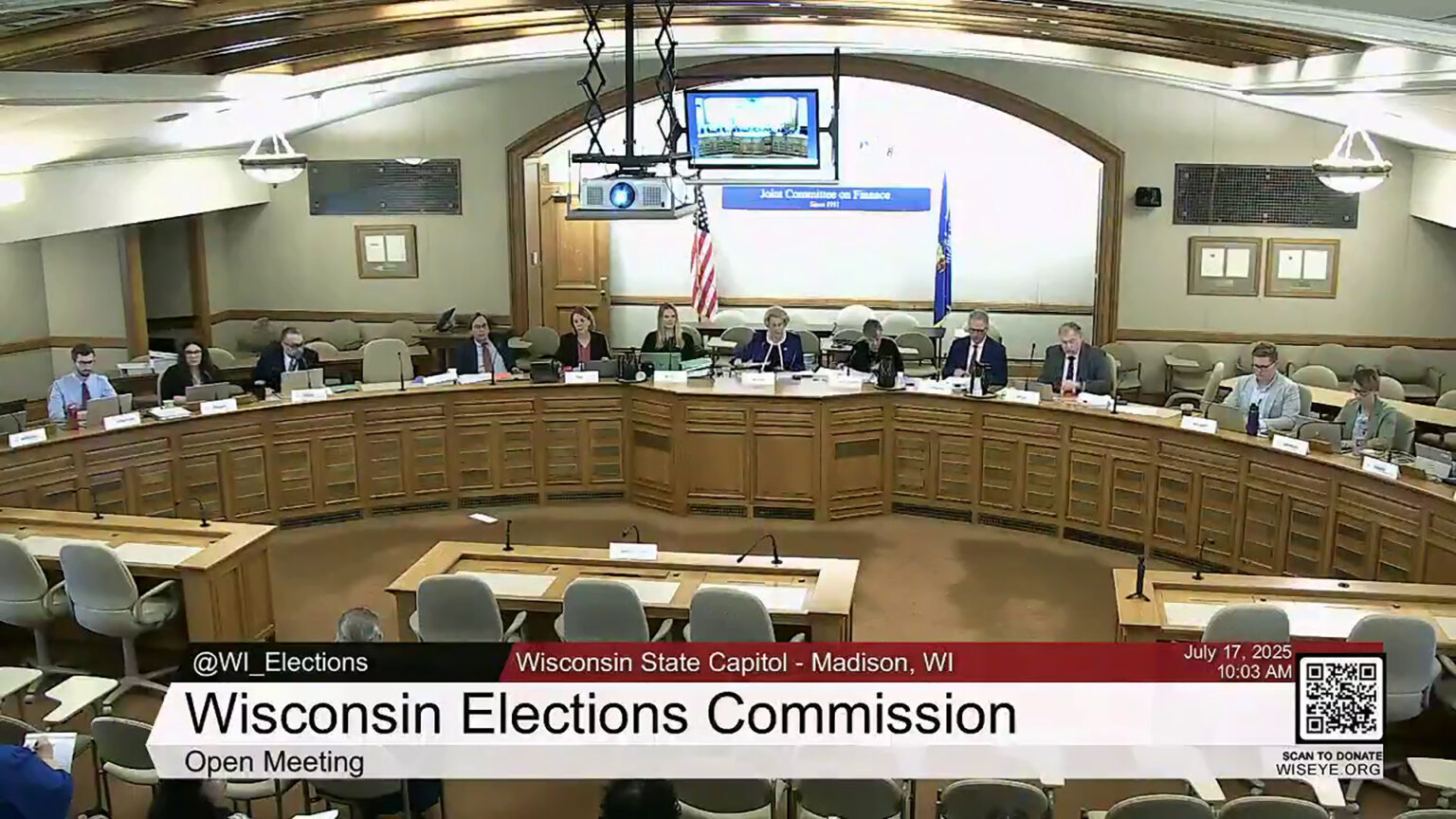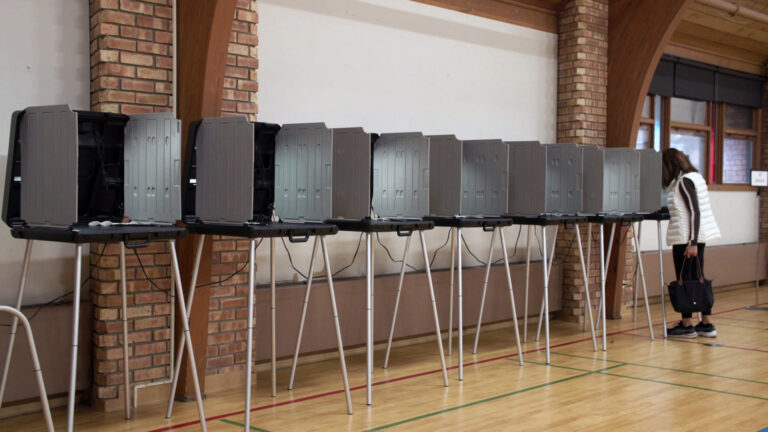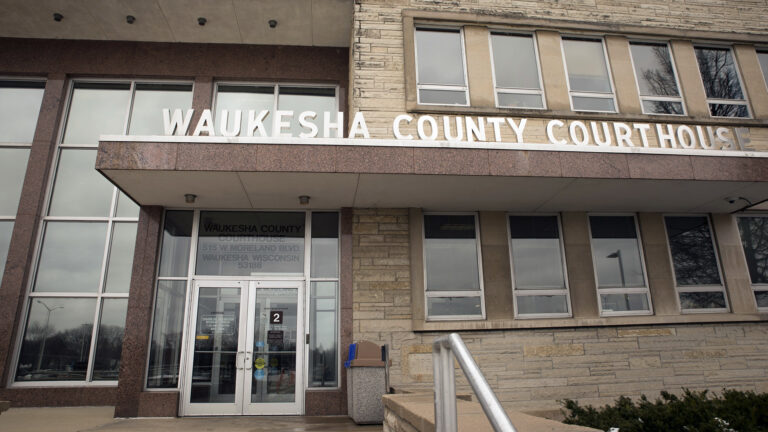Wisconsin Elections Commission accepts findings that Madison city clerk broke election laws
The bipartisan Wisconsin Elections Commission voted 5-1 to accept a report that detailed findings that a former Madison city clerk violated five state election laws during the November 2024 election, which included mishandling 193 absentee ballots that went uncounted.
Associated Press
July 17, 2025

The Wisconsin Elections Commission holds a meeting on July 17, 2025, at the Wisconsin State Capitol in Madison. The bipartisan group voted 5-1 to accept a report detailing state law violations by a Madison city clerk in the November 2024 election, which included mishandling 193 absentee ballots. (Credit: Courtesy of Wisconsin Eye)

MADISON, Wis . (AP) — Wisconsin elections officials declared July 17 that the former clerk of the state’s capital city broke several laws related to not counting 193 absentee ballots in the November 2024 presidential election, but they stopped short of recommending criminal charges be brought.
The bipartisan Wisconsin Elections Commission voted 5-1 to accept a report finding that the former Madison clerk broke five election laws. The commission delayed a vote on ordering the city of Madison to take additional steps to improve election security.
No outcome of any race was affected by the missing ballots. Maribeth Witzel-Behl resigned as Madison city clerk in April amid investigations into the missing ballots.
The investigation was not a criminal probe and the elections commission does not have the power to bring charges. The report does not recommend that prosecutors do so.
There is no intention to refer the case to prosecutors for possible charges, commission chair Ann Jacobs said after the meeting. The goal of the probe was to find out what happened and stop it from happening again, she added.
Charges could be brought by the Dane County attorney’s office or the state Department of Justice.
Dane County District Attorney Ismael Ozanne said his office would review the case if it received a referral. DOJ spokesperson Riley Vetterkind did not immediately respond to an email seeking comment.
Commissioners said they were shocked at how the Madison clerk handled the missing ballots.
The investigation determined that two bags of uncounted absentee ballots likely never made it to the poll sites where they should have been counted. The clerk’s office did not notify the elections commission of the oversight until Dec. 18, almost a month and a half after the election and well after results were certified on Nov. 29.
Jacobs, a Democrat, called the incident a “rather shocking dereliction of just ordinary responsibility.”
Republican Commissioner Bob Spindell, who cast the lone vote against accepting the report, said he blamed the problem on an extremely complicated system in the clerk’s office and poor management.
“It’s not something I think the clerk should be crucified for,” he said.
The elections commission report concluded that the former clerk broke state law for failing to properly supervise an election; not providing the most recent current registration information for pollbooks in two wards; improperly handing the return of absentee ballots; not properly canvassing the returns as it pertained to the 193 uncounted ballots; and failing to provide sufficient information for the municipal board of canvassers to do its work.
The report blamed a “confluence of errors” and said that Madison did not have procedures in place to track the number of absentee ballots going to a polling place. It also said there was a “complete lack of leadership” in the clerk’s office.
“These are mistakes that could have been avoided,” said Republican commissioner Don Millis.
Madison city attorney and interim clerk Michael Haas said the city did not contest the findings of the report.
“The most important asset we have is the trust of the voters and that requires complete transparency and open coordination with partners when mistakes happen,” Haas said in testimony submitted to the commission. “That did not happen in this case.”
Madison has already implemented numerous safeguards and procedures that were in place for elections earlier in 2025 to ensure that all eligible absentee ballots are accounted for, Haas said.
The recommendations in the report for further actions exceed what is required under state law and are not within the authority of the commission to order, Hass testified. He urged the commission to delay a vote.
The commission voted unanimously to give Madison until Aug. 7 to respond before voting a week later on whether to order additional steps to be taken.
Four voters whose ballots weren’t counted have filed claims for $175,000 each, the first step toward a class-action lawsuit. Their attorney attended the July 17 hearing but did not testify.
 Passport
Passport











Follow Us